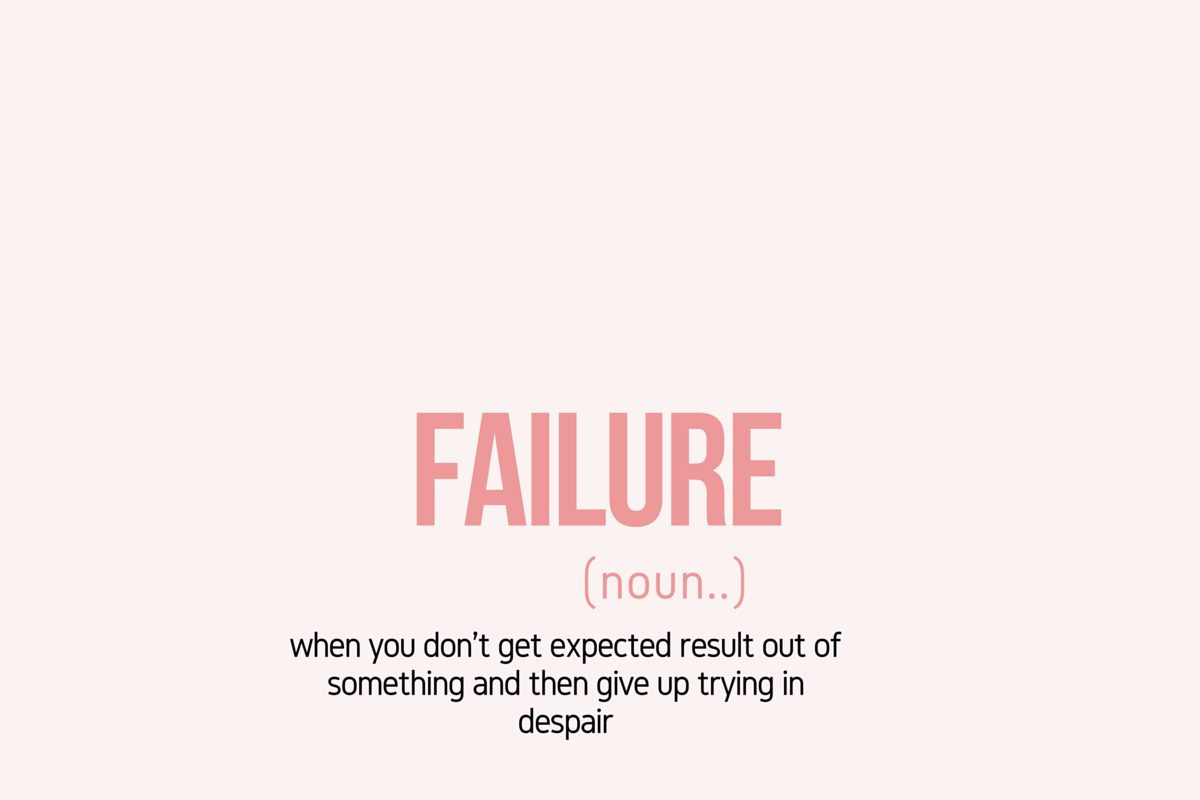
Lesson 1: Don’t Just Sell. Tell a Story.
Highlighting the features and benefits of your product or service is a common strategy often implemented in website copy and other marketing materials. Although this type of information explains what you do, it completely misses the mark on effective selling - that is, getting others to buy into your story. Storytelling taps into the emotions of the potential customer. If you strike the right chord with your story, you’ll end up seeing a lot more buyers.
Lesson 2: Don’t Be Blind. Be Strategic.
Don’t go into trying to build a business blind. Don’t think that you know how the market will react, what advertising methods will work, or what price you should charge. Do your research and put together a strategy for every step of the way.
Lesson 3: Don’t Move Slow. Move Fast.
If you’re a startup, moving at a snail’s pace can be detrimental. Not only can you lose advantages over competition, but it can deplete your level of motivation. Be sure to move fast, but not so fast that you lose attention to detail. Find a pace that you can work within that allows you to make smart decisions while continually moving your business forward.
Lesson 4: Don’t Assume. Find a Need.
Just because you, your Grandma, your best friend, and your dog think that your idea and business model is cool, doesn’t mean that you have a valid business. Move quickly to get a working prototype (or an MVP) to test on real potential customers. Get worthwhile feedback, tweak your product and model as needed, and repeat this process until you find what truly works.
Lesson 5: Don’t Fear Failure. Embrace it.
Putting yourself in uncomfortable situations can often lead to greatness. However, it doesn’t always mean that you’ll be successful with each step you take. Try new ideas with the mindset of “if this fails, I’ll only better myself.”
Lesson 6: Don’t Start for Money. Have a Purpose.
Successful people know that if you start a business strictly for the purpose of “hitting it big”, you’re setting yourself up for business failure. As Simon Sinek religiously preaches, “find your why” (watch Simon’s TED talk). Hint: re-read Lesson 1.
Lesson 7: Don’t Do Everything Yourself. Empower Others.
Sure, when you first start, you may be the sole-proprietor that needs to do everything. But as you begin to build and have a solid story to tell, tell that story to others and build a team of people who share your vision. Empowering others helps you concentrate on your “why” and overall strategy.
This question originally appeared on Quora: Have you failed with a startup? Tell others what you did wrong! Answer by Antonio Calabrese, Founder at Boonle.com.
